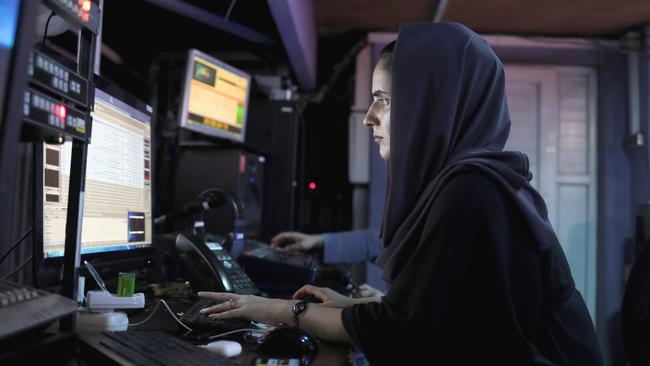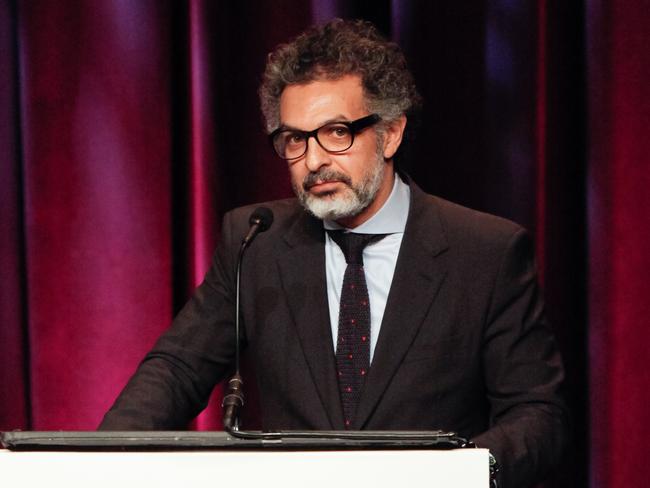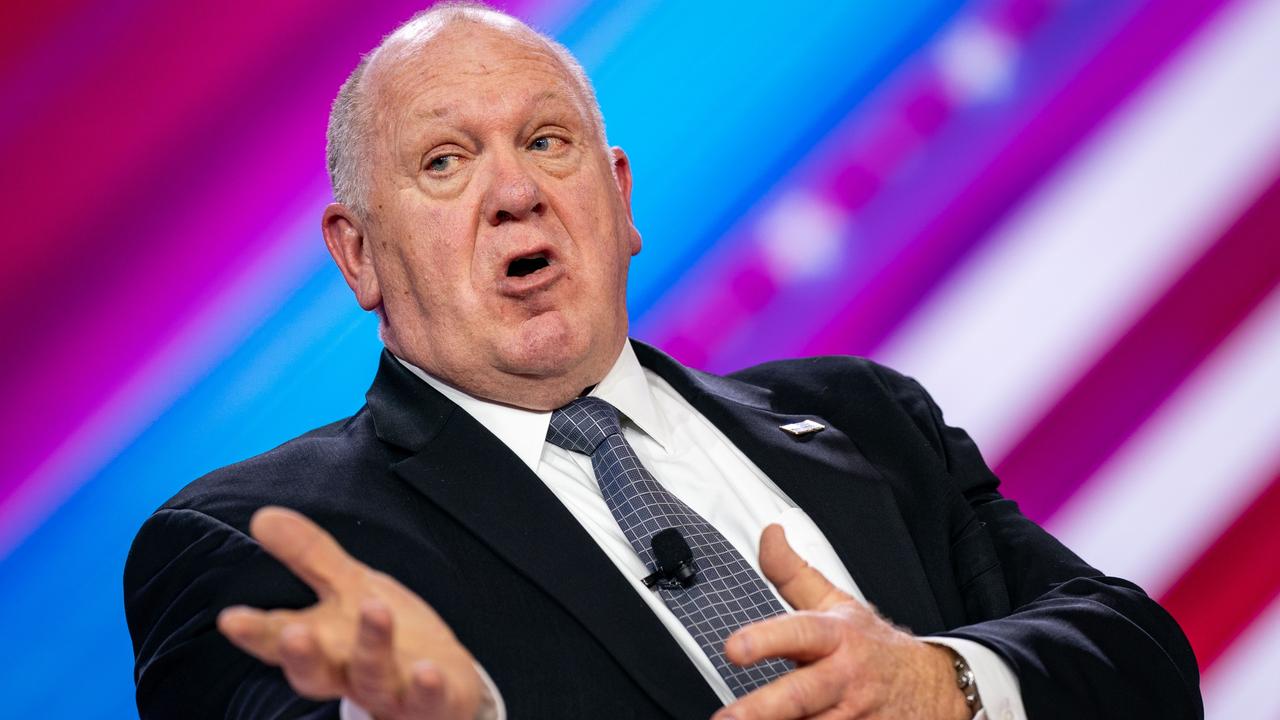Tuning out the Taliban: the Afghan TV boss giving women a voice
Saad Mohseni says his news channel has more female broadcasters than ever but he has sleepless nights about navigating grey areas under the repressive regime.

As a TV program, The Pomegranate Festival could hardly be more innocuous. Afghans of both sexes sit under a pomegranate tree, drinking the juice and shooting the breeze. But when the Taliban took over, they first said there must be two shows, one with men and one with women. Then they said the women must cover themselves and wear masks. Then they asked: why are the women laughing and speaking so loudly?
So the women stopped laughing and dropped their voices. Eventually they stopped them talking altogether. Such is the challenge of running a TV channel under the Taliban, which bans women from working and speaking in public.
Yet Saad Mohseni, 58, the chief executive of Moby Group, Afghanistan’s largest media company, insists that as the country moves ever more into the dark ages for women, his channel is managing to provide an unexpected ray of light.
While women’s voices had been removed from entertainment programs at the Taliban’s insistence, the news wing of Tolo TV, Afghanistan’s biggest television channel, was not only still operating but, he said, was employing more female reporters and presenters than before.
“I think we are the canary in the coalmine,” Mohseni said. “When people talk about women getting silenced, as long as they’re on television, we know that they haven’t been fully silenced.
“We understand that we need to persist,” he added, “but I get a lot of sleepless nights.”
After all, when the Taliban was previously in power in the 1990s, they banned televisions and smashed them. For years, the Tolo studios have been behind blast walls because of Taliban attacks.
A flourishing media might have been one of the few successes of the 20-year western intervention, but today Tolo TV and other survivors are operating in one of the most challenging media environments on earth. Since the Taliban seized power again in August 2021, more than half the country’s media operations had closed and hundreds of journalists had fled.
Y

et Mohseni insisted, “from a news perspective, at least, it’s almost the same as it was before”.
“There’s no story that we cannot cover; perhaps with not as much fanfare as we used to, and we sometimes have to be careful in the way we criticise the authorities.”
He said Tolo TV had more women on the news side than before – 20 rather than eight – and they continued to appear on camera despite the most recent directive that women could not speak.
“On the entertainment side, obviously it’s vastly different,” Mohseni said. Since the Taliban seized power, the station had to take all music shows and soap operas off air, as well as Afghan Star, its popular Australian Idol-style show. Taliban officials also ordered staff to remove all foreign content. When he asked how he would fill the 24-hour channel, they suggested he should run recitations of the Koran or film landscapes. Instead there are game shows, cooking programs and travel shows – all single-sex.
Mohseni has just written a memoir, Radio Free Afghanistan, telling how he and his three siblings transformed the media landscape in Afghanistan over the past 20 years despite having no experience in the field. We meet to talk about it on September 11, 23 years on from the attack on the World Trade Center by al-Qaeda, which prompted the US-led operation to topple the first Taliban regime.
Mohseni was then working as a banker in Australia, where his family had moved after the Soviet invasion of Afghanistan. He and his two brothers returned to Afghanistan in 2002, and were thinking about starting an almond exports business when someone suggested a radio station.
Radio Arman, based on stations in Australia, featuring Western pop music, was a hit. In 2004, they launched Tolo TV, introducing Afghans to sports broadcasts and investigative reporting. The channel became wildly popular – but that was not always the case with officials, particularly when it started exposing corruption.
As to the country’s future, Mohseni said opening a path to dialogue with the West would save lives. “The country is on the verge of collapse; of the 40 million people, 23 million don’t have enough food,” he said. “A third don’t have adequate shelter. Malnutrition is affecting three-and-a-half million kids. Every single thing that could go wrong is going wrong.”
He ends with a warning: “You ignore Afghanistan at your peril – we learnt that in the 1990s [when the West abandoned the country after its defeat of the Soviet Union] and 9/11 happened. There’s too much at stake”.


